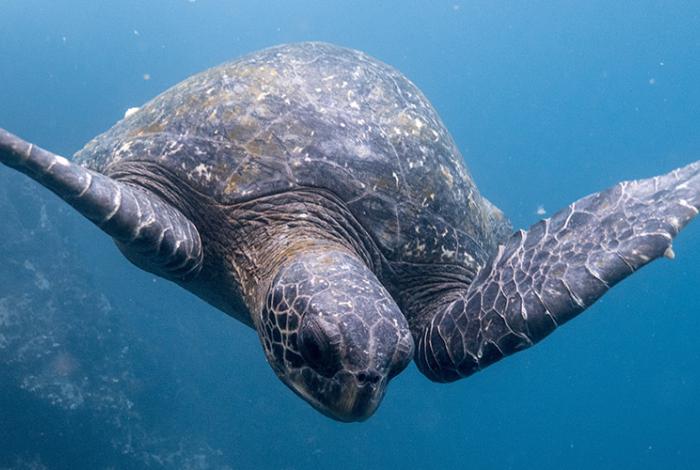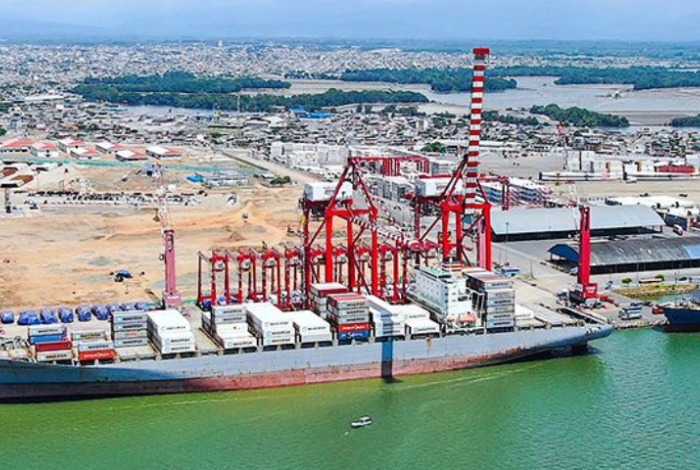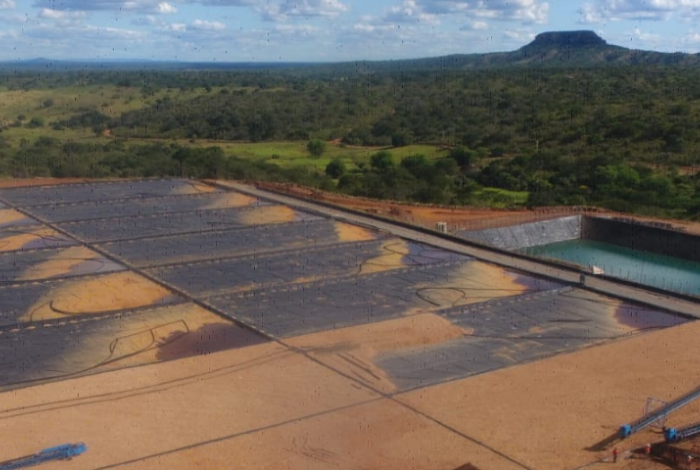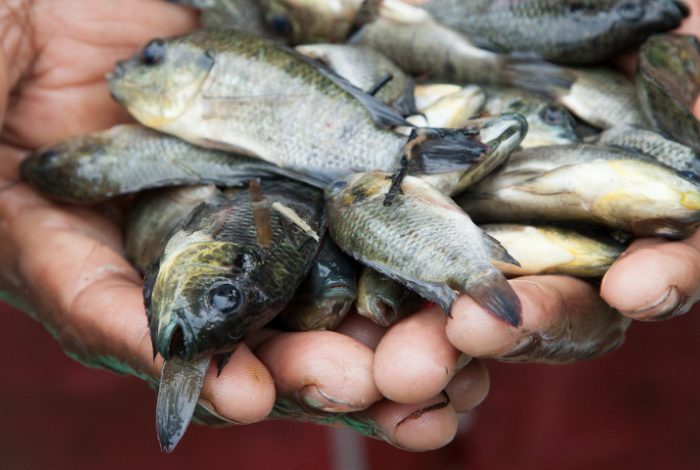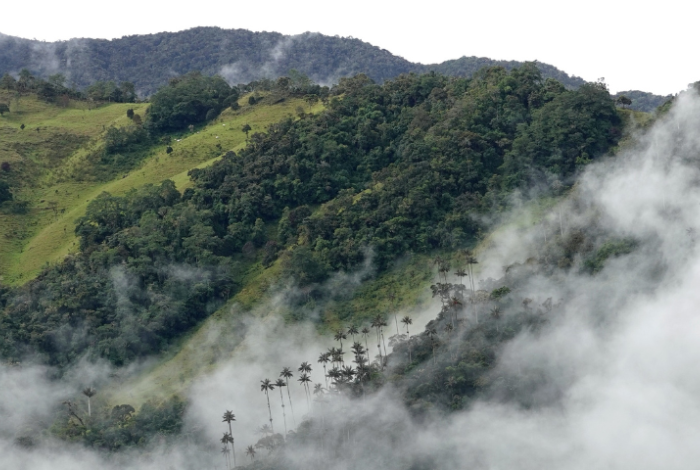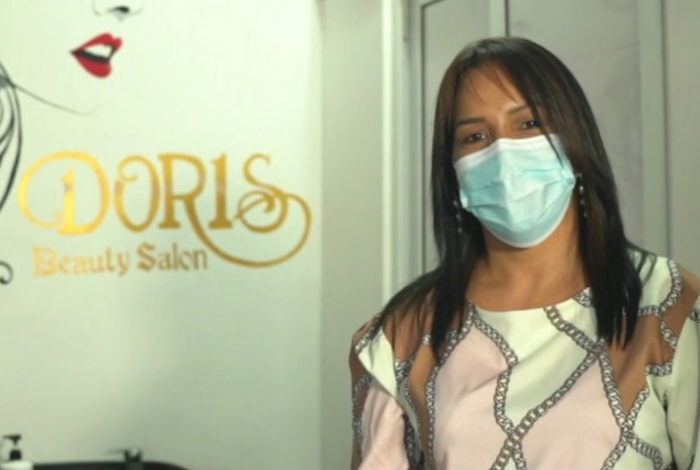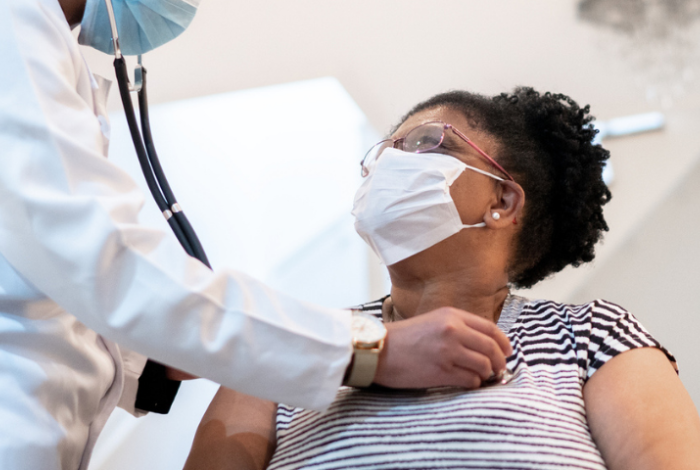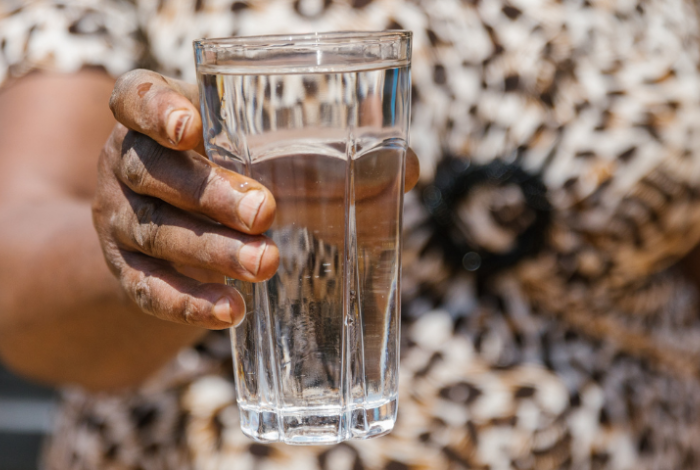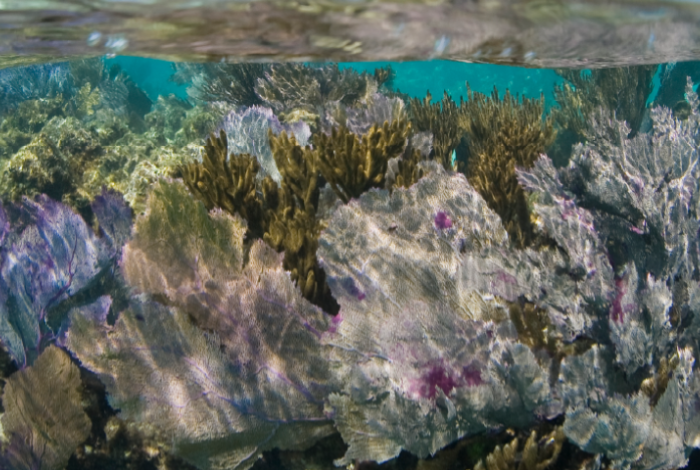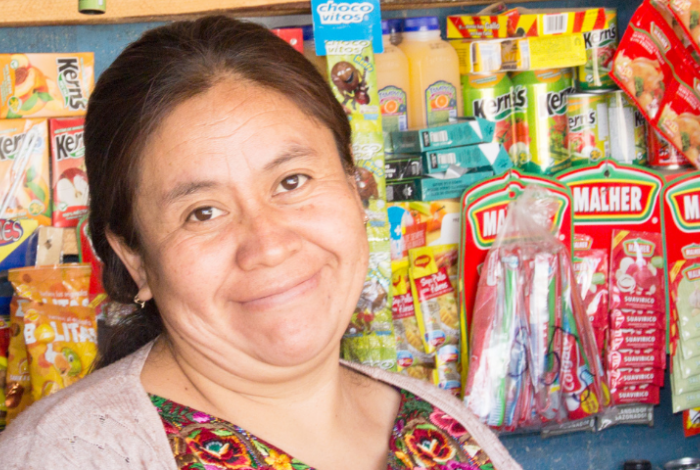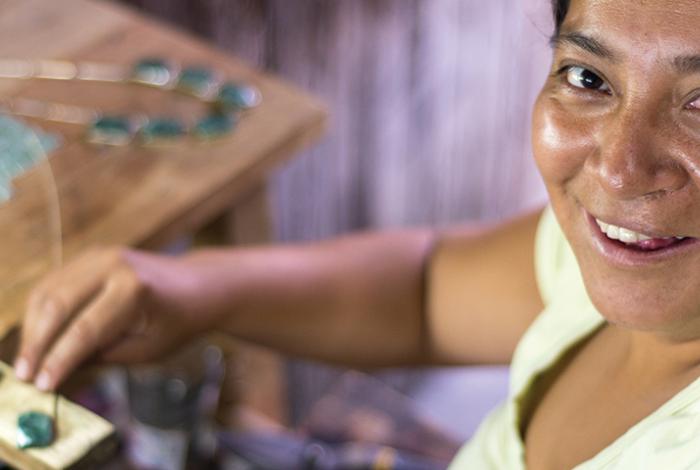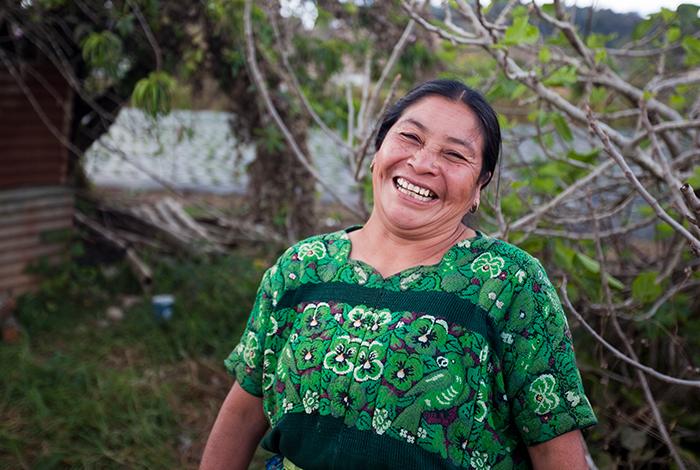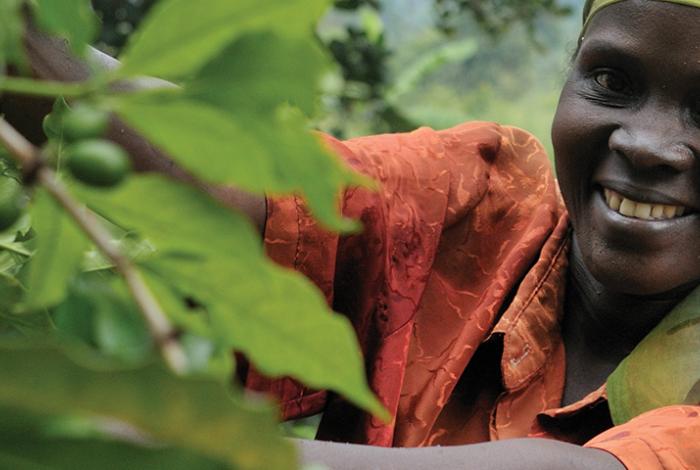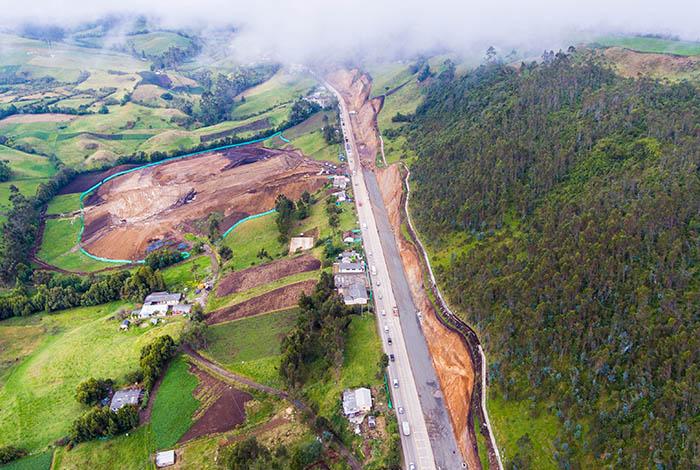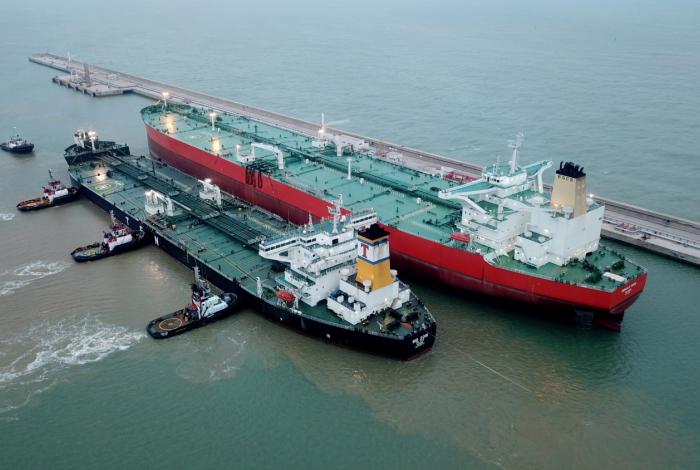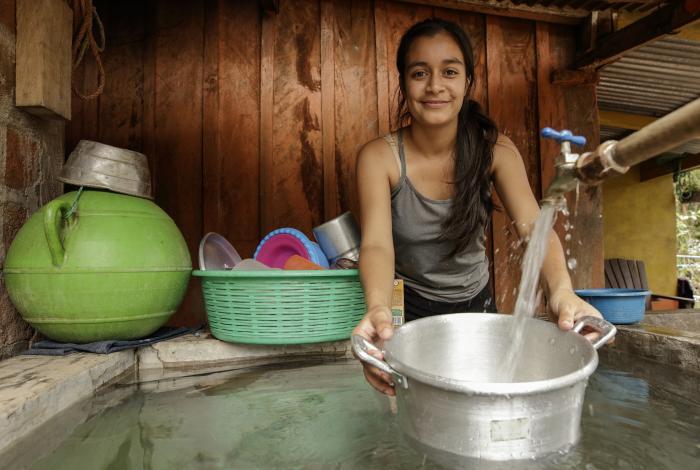DFC is committed to supporting investments that address critical development challenges throughout the Western Hemisphere. Investment in these countries can serve as a stabilizing force and help counter illicit and irregular activity related to trade and travel, including migration.
The agency has more than $11 billion invested across the Western Hemisphere in key sectors such as women’s economic empowerment, healthcare, and agriculture, as well as climate mitigation, adaptation, and resilience. These projects help create economic opportunities, improve quality of life, and support U.S. foreign policy and national security interests.

